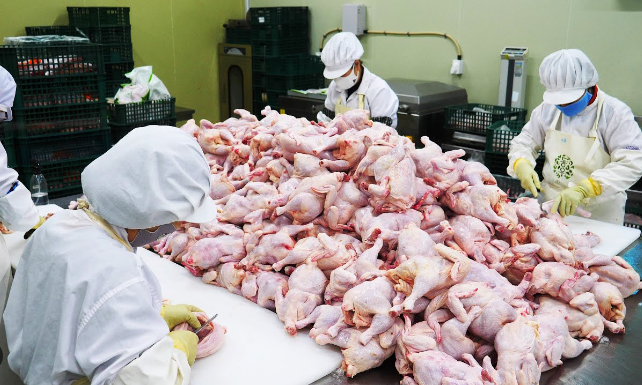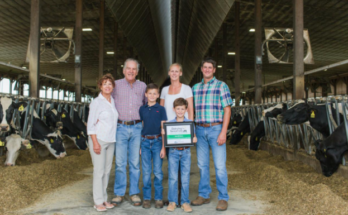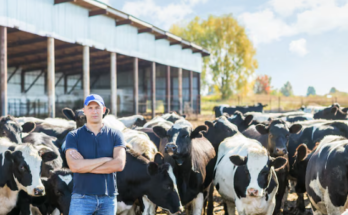😘 Amazing ! Korean Chicken Factory, production of Dakgalbi | Korean Street food
🙏🏻 I appreciate watching our videos and following along. Hopefully you have found at least some of it to be helpful to you. Any feedback is greatly appreciated.

The production of Dakgalbi, a popular Korean street food made from marinated chicken, is a booming industry in South Korea, and it relies heavily on efficient farming practices, financial support, and technological advancements to meet both domestic and global demand. The success of Dakgalbi production, from the sourcing of chicken to the creation of the flavorful dish, involves numerous stakeholders, including farmers, processors, and government agencies. One crucial element behind this success is the financial support farmers receive through various government programs designed to enhance the sustainability and profitability of the agricultural sector.
In South Korea, poultry farming is a significant industry, with chicken being one of the most widely consumed meats. The government plays an essential role in supporting poultry farmers, particularly through subsidies and loans aimed at improving productivity and ensuring the health of flocks. The Ministry of Agriculture, Food and Rural Affairs (MAFRA) allocates substantial budgets annually to support farmers, especially when it comes to the modernization of farming equipment, disease prevention, and the construction of more efficient poultry houses. These funds are typically released in the first quarter of the year, ensuring that farmers are prepared for the upcoming seasons, whether it’s for the spring or autumn chicken production cycles.
The support provided by the government ensures that chicken farmers can implement the latest technologies, such as automated feeding systems, climate control, and data-driven monitoring tools, which help improve the quality and quantity of poultry raised for Dakgalbi production. These technologies allow for better management of livestock, healthier chickens, and ultimately, a higher yield of quality meat, which is essential for the large-scale production of Dakgalbi. The availability of funding helps offset the costs associated with these innovations, making it more feasible for farmers to stay competitive in a market where consumer expectations for quality are high.
The success of Dakgalbi production is also tied to the efficiency and modernization of processing facilities. Once chickens are raised, they are sent to specialized processing plants where they are cleaned, prepared, and marinated before being packaged for distribution. Government grants are available to processing facilities to help improve food safety standards, upgrade equipment, and increase automation. This financial support enables factories to maintain consistent quality control, a critical aspect of producing Dakgalbi at scale, especially given the high demand for the dish both within Korea and abroad.
In addition to direct financial support, farmers and processors benefit from access to various online platforms and resources that offer market data, weather forecasts, and best farming practices. These digital tools allow farmers to plan and manage their operations more efficiently, ensuring that they can meet market demands while reducing waste and maximizing profits.
The combination of government financial support, technological innovation, and digital tools has allowed South Korean farmers and food producers to thrive. Thanks to these investments, the production of Dakgalbi, from farm to factory, continues to be a successful and growing industry, meeting both domestic and international demand for this delicious and iconic street food. As the industry continues to evolve, ongoing government support will be essential to ensure its long-term sustainability and success.



